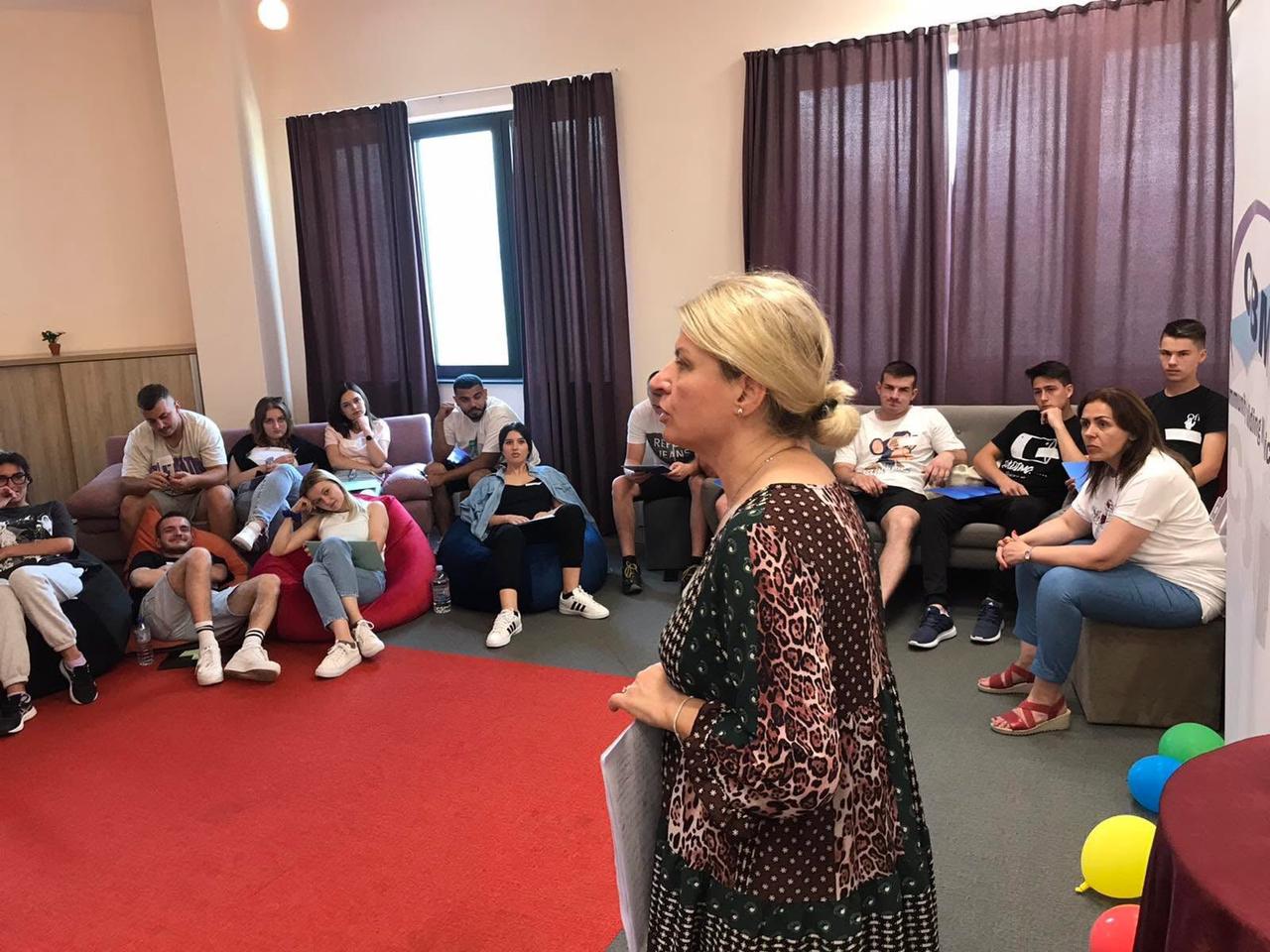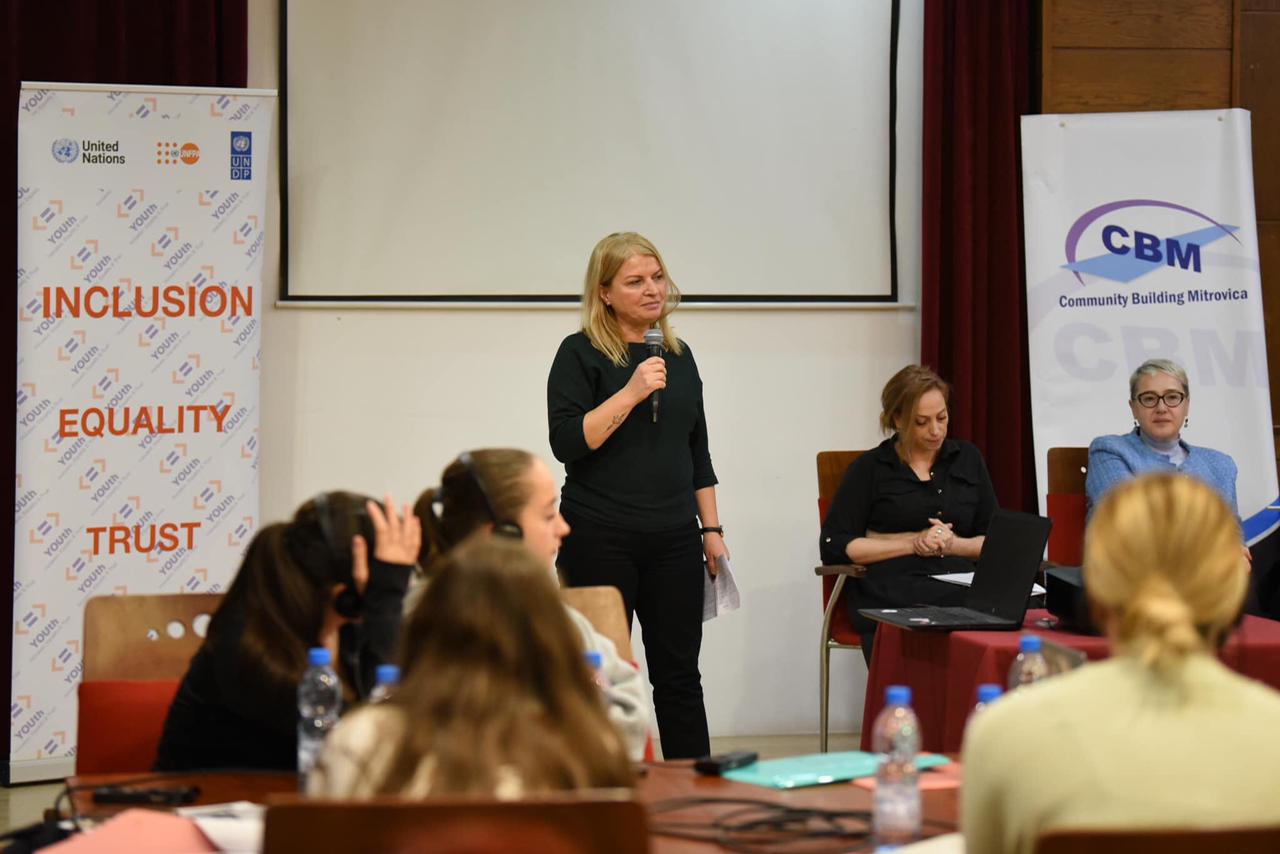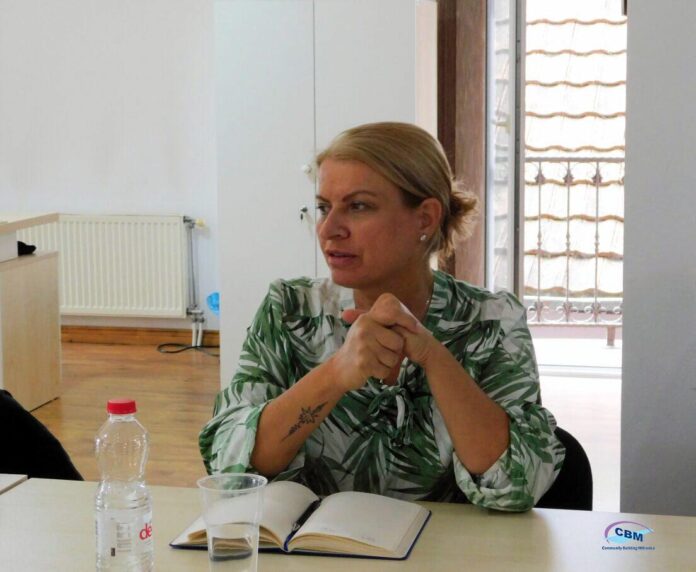They have returned, but many are still influenced by the ideologies that once drove them to war. How is Kosovo managing to reintegrate those who came back?
In April 2019, 110 Kosovars returned from Syria and Iraq to Kosovo, where they had been involved in the civil wars. Most of those repatriated were women and children. Only four men were among them, who were tried and convicted locally for illegally participating in foreign conflicts. Among the returnees was the family of Faruk Berisha’s son (name changed) from Pristina—five of them in total. Their return brought immense joy to the grandfather. They had spent four years in Syria. His son, A.B. (name changed), never made it back—he died in combat.
“My son’s wife and children came back in April 2019, and today they are doing well,” says the tall, grey-haired man.
According to him, Faruk’s son was 24 years old, hardworking, employed in the Netherlands, and not religious. Then came the sudden illness and death of his mother, which deeply shook him. Faruk no longer recognized his own son. “When his mother died, something changed. The grief for her and the family broke him completely. He wasn’t the same person anymore,” he says. But Faruk’s influence over his son was no longer enough. “I talked to him, gave him good advice, but one day he just vanished. I asked his wife where he was, and she told me he had left. A few days later, she left too,” recalls grandfather Faruk Berisha.
His grandchildren were between two and six years old when they were taken to Syria. Now, after returning, they are adolescents. This has left a profound impact on them and their childhood. “My youngest grandson was a year and a half when he was taken—he’s 12 now. My son’s eldest daughter is now 16. Altogether, I have four grandchildren from my son,” says Faruk.
For Faruk, now thoughtful and slightly hunched, sudden travel plans raise suspicion under such circumstances. You don’t just up and travel to a non-functioning, war-torn state. “This was pre-arranged,” he suspects. “People don’t just hop on a plane and head to a war zone. I believe Serbia, Russia, and even the Iranians were involved. Foreign agencies. They betrayed our youth.”
Return does not mean immediate reintegration
The children visibly suffered during their time in the camps. They say they endured great hardship, were guarded by armed men, beaten, and lived without hope of ever returning.
Faruk’s youngest grandson didn’t even speak Albanian when he was taken. “Hunger was part of everyday life,” the grandfather recounts what his grandchildren told him: “We ate grass out of hunger.” He is all the more thankful to the institutions for bringing his family back. “The children are healthy, go to school, and now speak Albanian fluently again.” For him: “Their return was the greatest happiness. When they arrived, I gave one of them some bread and a biscuit. He said, ‘I’ll eat one now and save the other for tomorrow.’”
Faruk’s grandchildren were traumatized—whenever they heard a loud noise, they thought they were still in Syria. That has improved now, and so has the condition of his son’s wife, who no longer wears the burka like she did in the camp. She now wears only a headscarf. The children are polite, cause no trouble, and are well integrated in their environment. The youngest is now in the sixth grade. “They love Kosovo dearly. When they returned and saw their home—my son didn’t recognize it, but the girls did.”

Reintegration doesn’t happen on its own
So far, the Ministry’s involvement has mostly included providing shelter when necessary. There were no measures for deradicalization or resocialization—not then and not now.
The organization Community Building Mitrovica (CBM) and its branches support returnees. Since 2018, CBM has been working on preventing violent extremism. Since 2020, the organization has also been engaged in rehabilitation and reintegration through psychosocial assistance, preparing children for school, and supporting the creation of family businesses. CBM works closely with the Ministry of Internal Affairs.
Director Afërdita Shehu emphasizes: “CBM’s focus is on the returned children, but we have also supported women through small self-employment grants.”
The organization provides school preparation, psychosocial support, job placement assistance, help in establishing businesses, youth camps, community projects for returnees and their families, as well as language courses to improve Albanian skills and prepare children for regular schooling. These measures aim at successful reintegration.
A positive coexistence is only possible if returnees become financially independent again. That’s why they can attend tailored training and receive support for starting businesses and essential equipment.
CBM is satisfied with what has been achieved so far but emphasizes the need for continued psychosocial support, strengthened social inclusion for children, long-term assistance, and economic help to ensure lasting success.

Director Afërdita Shehu also voices concerns: “The biggest challenges are the lengthy rehabilitation process and funding—we, as an NGO, must work intensively to secure financing.”
The Ministry of Internal Affairs has not provided any official response regarding its efforts in reintegrating returnees.
According to grandfather Faruk Berisha, many children were still very young when their parents took them away. To make up for the lost time both in school and in society, supportive measures like those offered by CBM are essential.
Author: Vjosa Cerkini













